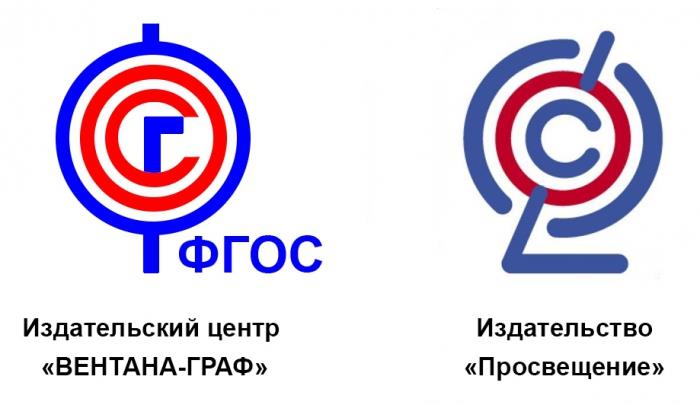EU legislative intervention (i) requiring MS to put in place legal mechanisms to facilitate collective licensing agreements for all types of OoC works and to foster national stakeholder frameworks, and (ii) giving cross-border effect to such legal mechanisms.
Under Option 2, the presence of legal frameworks everywhere in the EU that allow for licences issued by CMOs to also cover the rights of outsiders would give CHIs the possibility to see their related transaction costs diminish considerably everywhere in the EU for the digitisation and dissemination of works. This would apply to all types of works. Under this option, it would be possible for the CHI to reduce that cost to the one of negotiating a single licence with a CMO. Licences concluded on the basis of such legal frameworks could have cross-border effect for all works too.
Comments closed